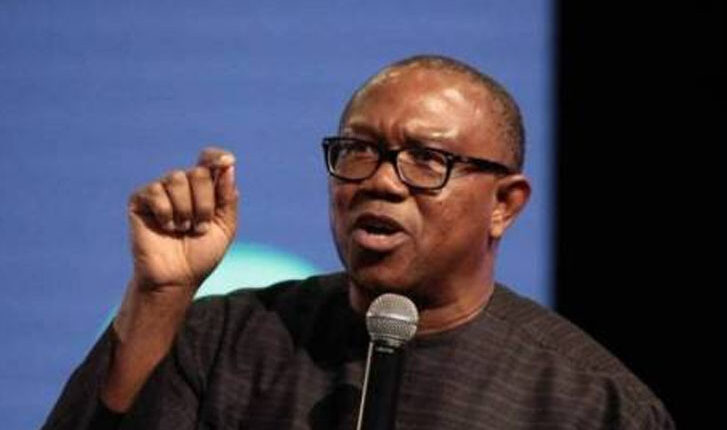Nigeria Can’t Develop With More Than Half of Population Living in Poverty – Peter Obi
Peter Obi Emphasizes Poverty Eradication as a Cornerstone for Nigeria’s Development
Labour Party’s presidential candidate, Peter Obi, has underscored the critical role of poverty eradication in Nigeria’s developmental journey.
Obi articulated this viewpoint on Tuesday in commemoration of the World International Day for the Eradication of Poverty.
Obi expressed deep concern about the prevailing high poverty rate in Nigeria, deeming it a substantial threat to national security.
Read Also : Peter Obi Didn’t Win 2023 Presidential Election – Lamidi Apapa
Citing data from reputable sources, he highlighted that over 71 million Nigerians currently grapple with extreme poverty, with an additional 133 million people classified as multidimensionally poor, according to the National Bureau of Statistics.
The former governor emphasized that a nation cannot progress when more than half of its population is mired in poverty.
Drawing attention to stark income inequality, Obi cited Oxfam’s findings that an extremely minute fraction of the population, comprising 6,355 individuals with wealth exceeding $5 million, possess 1.4 times more assets than 107 million fellow Nigerians.
Also Read : I Have No Reason To Witch-hunt My Colleagues – Akpabio Denies Being Behind Abbo’s Removal From Senate
Obi advocated for targeted investments in small businesses across the country, citing the successful poverty reduction strategies of nations like India, Bangladesh, and China.
He pointed out that India, for instance, lifted approximately 415 million individuals out of poverty between 2000 and 2021 through targeted interventions.
The Labour Party candidate called on governments at all levels to urgently embark on comprehensive reforms and investments, particularly in critical areas such as healthcare, education, and poverty alleviation.
Pay Attention To : President Tinubu Renames NPower Programme
He emphasized that this commitment remains central to his vision for a revitalized Nigeria.
Obi concluded by affirming that a prosperous, equitable, and poverty-free Nigeria is not only desirable but also achievable with concerted efforts and strategic investments in key sectors of the economy.

